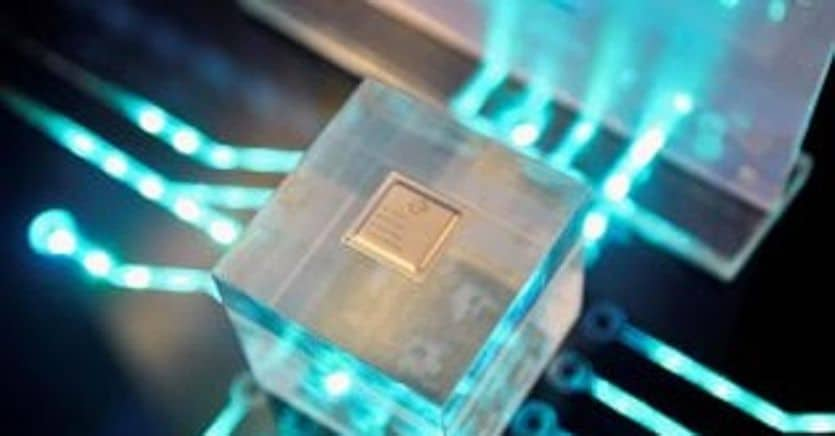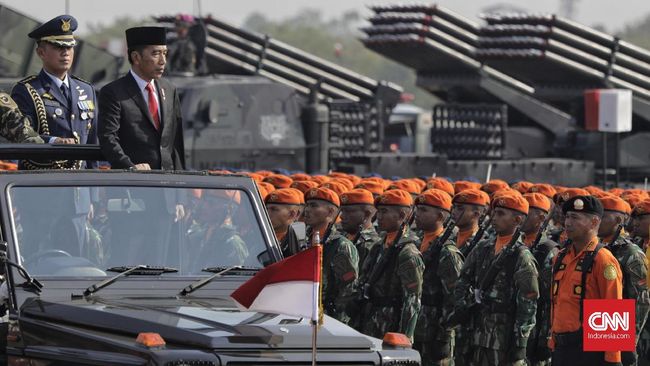Intel also takes the field in the race of manufacturers to adapt global production capacity to the growing demand for semiconductors. The American giant is preparing a $ 95 billion investment in Europe over ten years. Chief Executive Officer Pat Gelsinger said the group is planning to build two microchip manufacturing facilities at a new European site and that the plan could potentially expand further over the course of more than a decade. “This new era of sustained demand for semiconductors needs big and broad evaluations,” said Gelsinger, speaking at an event at the Munich Motor Show.
Rival Taiwan Semiconductor Manufacturing Co, the world’s largest chip maker, said this year it would spend $ 100 billion over the next three years to increase production. Another rival, Samsung Electronics, has announced plans to increase its investments by a third over the next three years to over $ 205 billion. Last June Bosch also inaugurated a new semiconductor factory in Dresden, investing 1.2 billion (of which 200 million from European Union aid), while the Italian-French STM is expanding the plant of silicon wafers of Agrate (the project started in 2018), with benefit on the quantity and quality of chips produced.
Loading…
The global shortage of chips is hitting the auto industry hard, forcing Ford Motor and General Motors, for example, to announce a production cut last week. Intel has stated that it plans to dedicate a facility in Ireland to produce chips for the auto industry. According to Gelsinger, the car chip market will see an increase of more than 100% by the end of the decade. Semiconductors, he said, will account for more than 20 percent of futures’ material costs premium segment cars, up from 4% in 2019, given the new driver assistance functions, new touch screens and other accessories. The expansion of manufacturing in Europe is part of a larger Gelsinger project that includes new investments in the United States: two plants in Arizona for $ 20 billion and an additional $ 3.5 billion in New Mexico. By the end of the year, he said, Intel will select the site for a new factory in the United States.
Gelsinger, recalls the Wall Street Journal, is also engaged in negotiations with European and US politicians to obtain subsidies to support Intel’s expansion, given that many consider the increase in chip production vital for the economy. . Gelsinger finally announced that the Mobileye subsidiary, an Israeli company purchased in 2017 for $ 15 billion, will launch a pilot program for a robotaxi service in Israel and Germany next year, reflecting the efforts Intel is also making in the autonomous driving sector. .


